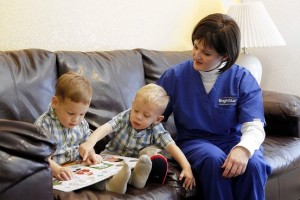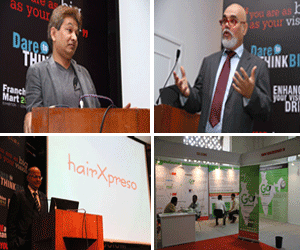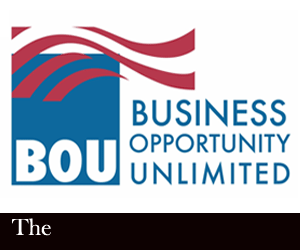
Family hardship gave 41-year-old Shelly Sun the impetus to start a home-care franchising business.
In late 2001, when her husband’s grandmother needed companionship and skilled nursing, her family struggled to find those services on a 24-hour basis.
That experience led Ms. Sun and her husband to launch BrightStar Group Holdings Inc., a health-care staffing agency, in October 2002, using $100,000 in savings and a $100,000 line of bank credit. The agency, which is based in Gurnee, Ill., provides home care ranging from administering shots to baby sitting.
Ms. Sun, BrightStar’s chief executive, says the company, which had 2011 revenue of about $160 million, may file for an initial public offering in 2015, a year later than previously planned.
One possible hurdle affecting future growth: BrightStar’s business model calls for its nurses to be paid between $32 and $50 an hour for at-home care. That can amount to 2% to 10% above local market wages, according to estimates by BrightStar, which now has more than 250 locations in 38 states.
Ms. Sun, who appeared last year on an episode of the reality show “Undercover Boss,” spoke with The Wall Street Journal about how she and her husband started the business and why she is postponing its IPO. Edited excerpts:
WSJ: How did you come to see at-home care as a potential business?
Ms. Sun: I’m a certified public accountant so I’m very comfortable doing a lot of analysis. I figured out by researching that there would be a shortage of health-care labor to meet the demands of clients.
Our first nurses and certified nursing assistants, whom we interviewed, background-checked and drug-screened, were recruited through CareerBuilder.com. Our local hospital referred us to some of our first home-care clients.
Health-care workers have no more than a 45-minute drive to our offices…We’re available to our families 24/7—no answering services.
WSJ: What did you take away from your stint on “Undercover Boss”?
Ms. Sun: The producers approached me. You have to give them a list of all of your locations, and they pick which to film. And the same thing with caregivers. They interviewed 200 caregivers behind closed doors and picked the caregivers that I filmed with. That really wasn’t my best of my best, yet I would have hired any of them. It really just validated that we are in the right place, that we are doing the right things.
I lost my dad 18 months before filming, so having an opportunity to see that every single one of the caregivers on the show was one I would hire for my dad was a very touching and amazing thing.
WSJ: How did the recession affect your business model?
Ms. Sun: Access to capital became harder and put some strain on franchisees. For those franchisees that had expanded believing there’d be capital access, we gave them an opportunity to downsize without any fines or penalties. In most cases, that improved their cash flow by $1,000 to $1,500 a month.
WSJ: What is surprising to you about being an entrepreneur?
Ms. Sun: You can’t have bad days. Your customers can’t see you have bad days. Your employees can’t see you have bad days. Your banks most certainly can’t see you have bad days. That’s what I didn’t anticipate.
WSJ: You previously were planning an IPO in 2014. Why push that back now?
Ms. Sun: Our outside advisers say the market will be digesting health-care reform in 2014, so we might be undervalued in 2014, even though we are not at all impacted by the law.






























 +91 9909960054
+91 9909960054